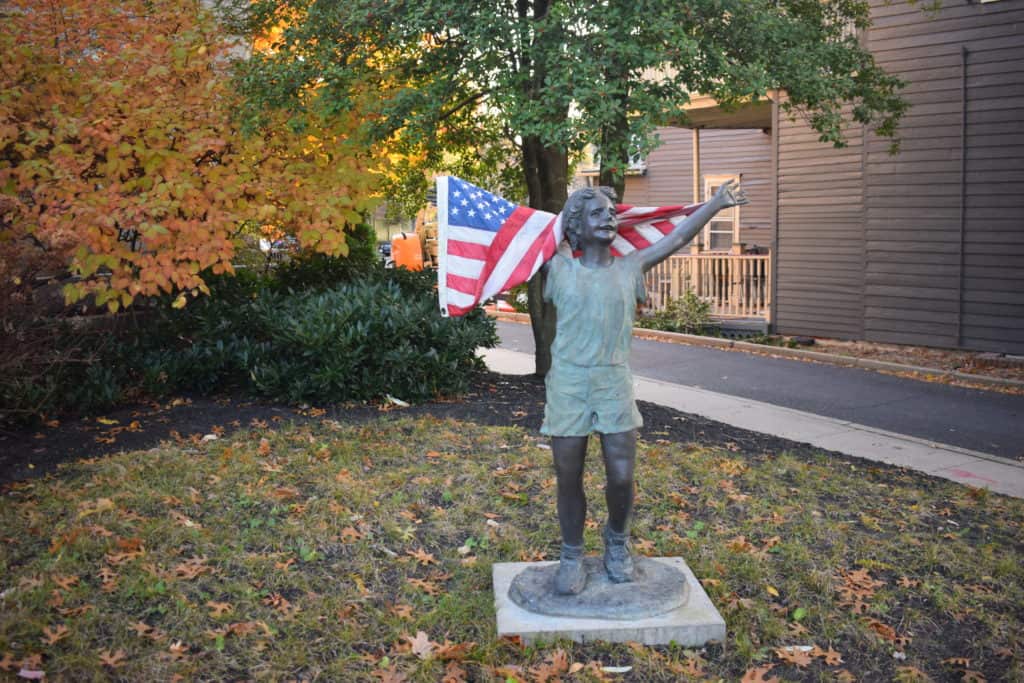

Dear Haddonfield Neighbors,
The last 22 months have left many of us feeling isolated, vulnerable and uncertain. Members of our community are also grieving – as I noted at our last Board of Commissioners Meeting on December 27, we have lost 14 of our own Haddonfield neighbors to COVID-19. And there are families who continue to struggle with financial, health-related and practical challenges that have dramatically impacted their quality of life.
As I add books to my reading list for the year ahead, one of the titles I plan on beginning this month is The Myth of Closure: Ambiguous Loss in a Time of Pandemic and Change. In an interview with NPR’s Graison Dangor, author Pauline Boss, a retired family therapist and professor emerita of psychology at the University of Minnesota, explained that her intent is to offer ways to heal from both everyday and catastrophic losses, without trying to erase them. Having lost her own husband during the pandemic – not from COVID, but from a stroke – Boss noted the oddities and the benefits of being able to grieve in isolation. Commenting on human resilience and survival during this time, Boss urged everyone, “Pat yourself on the back.”
Facing loss of any kind can be extremely difficult. Boss points out that children offer a unique point of view and are often more comfortable with what she termed “ambiguous loss,” which encompass experiences like the loss of a loved one who has gone missing (such as those unaccounted for after the 9/11 attacks, or in combat), or caring for those with dementia or severe mental illness who no longer present as we know and love them. Other forms of ambiguous loss don’t necessarily involve death at all – separation from one’s home or family, as caused by the pandemic, and larger societal struggles such as the impacts of climate change and systemic racism represent current, ongoing experiences of “ambiguous loss” that Boss addresses in her book.
What is it about our children that makes them seemingly more resilient in the face of ambiguous loss? As Boss points out, and many of us have witnessed firsthand, children know they are not in charge – they lack some degree of agency and can more easily accept a lack of control than adults. Their curiosity may also aid in approaching things with an openness & willingness to accept change.
If COVID-19 is here to stay, there is no real “closure” to be had for any of us in the coming months. With this in mind, in addition to taking precautions like getting vaccinated or “boosted,” masking, distancing and hand washing during this Omicron surge, I am working to improve my own tolerance for ambiguity and become better equipped to assist our neighbors as we navigate what remains a time of adjustment & uncertainty.
I share the sentiment that everyone deserves a pat on the back – no one has had it easy in recent months. As we enter 2022, I wish everyone a happier, healthier, hope-filled new year that includes recognizing what you’ve overcome and achieved. May we also grow in acceptance and take a page from the book of our littlest neighbors – to become more tolerant of the unknown and uncomfortable – as we forge ahead, together.









